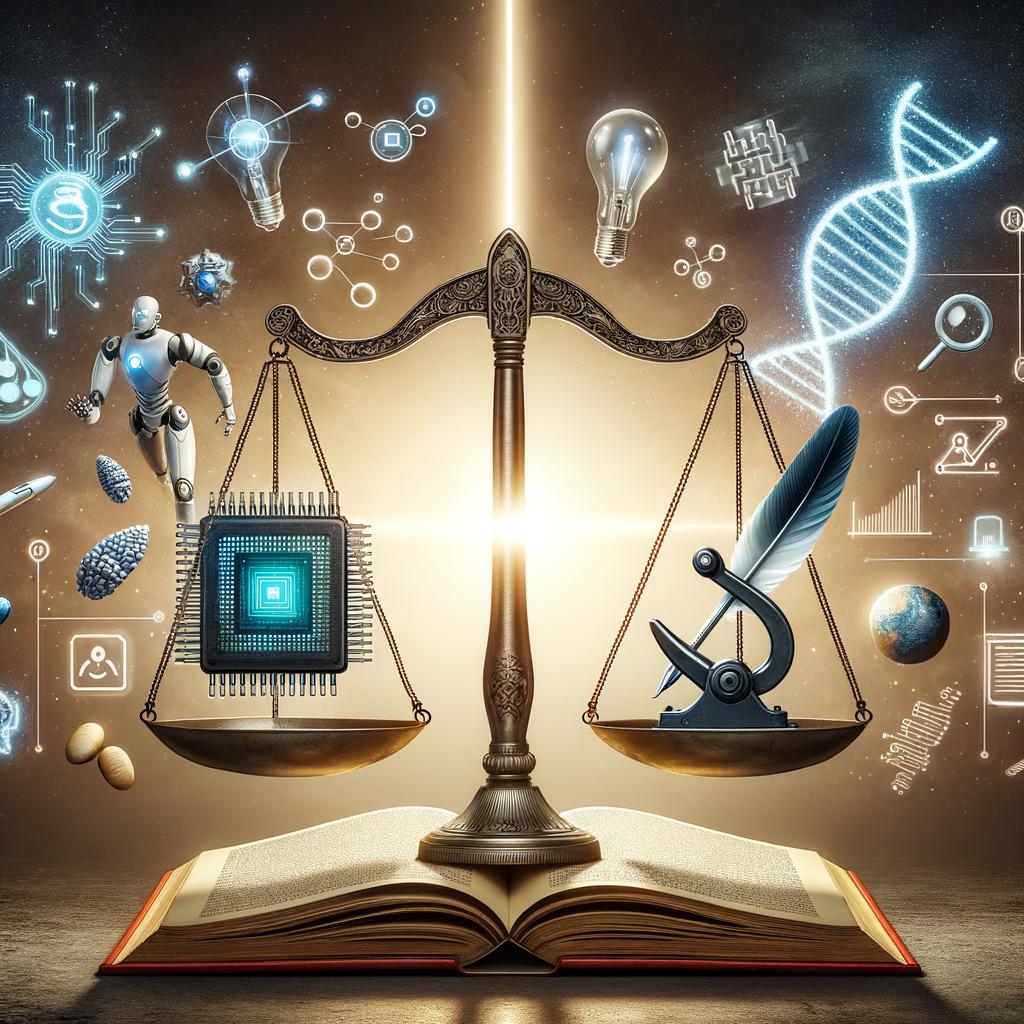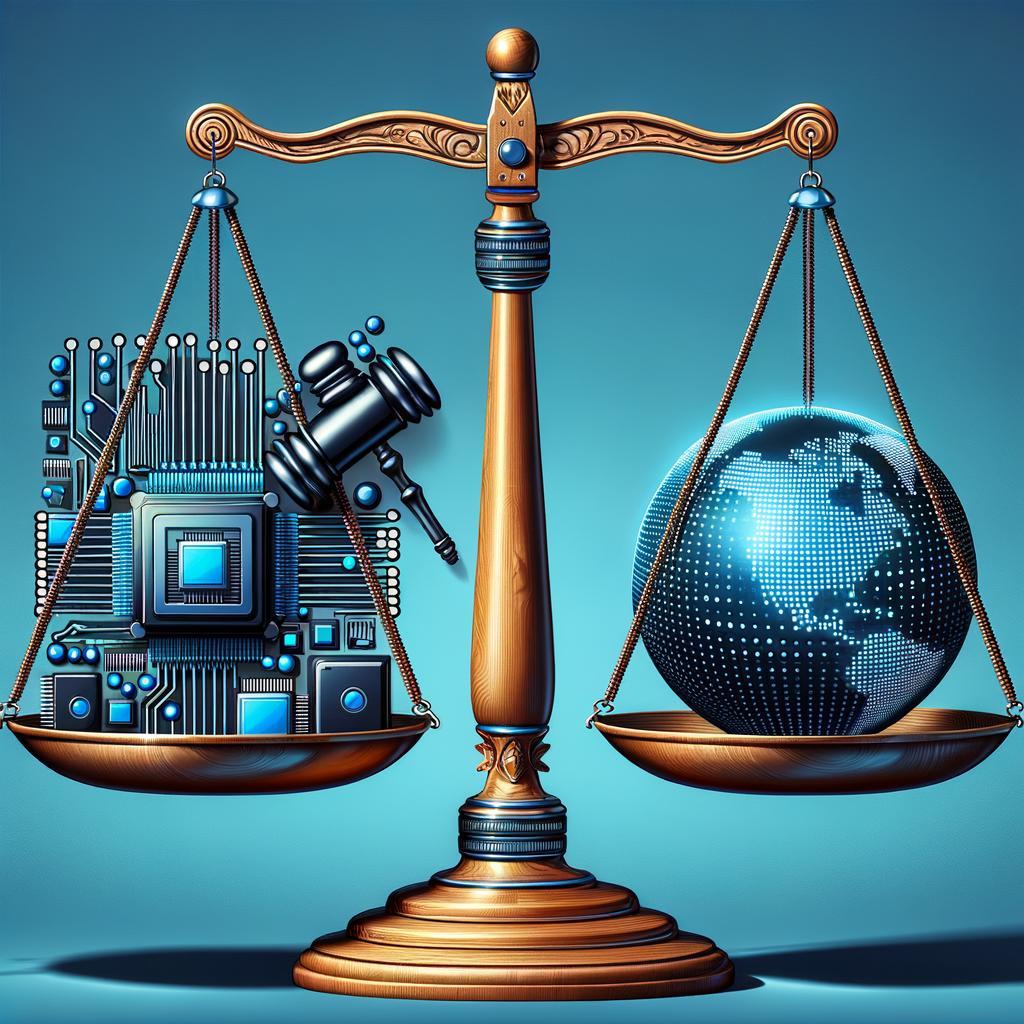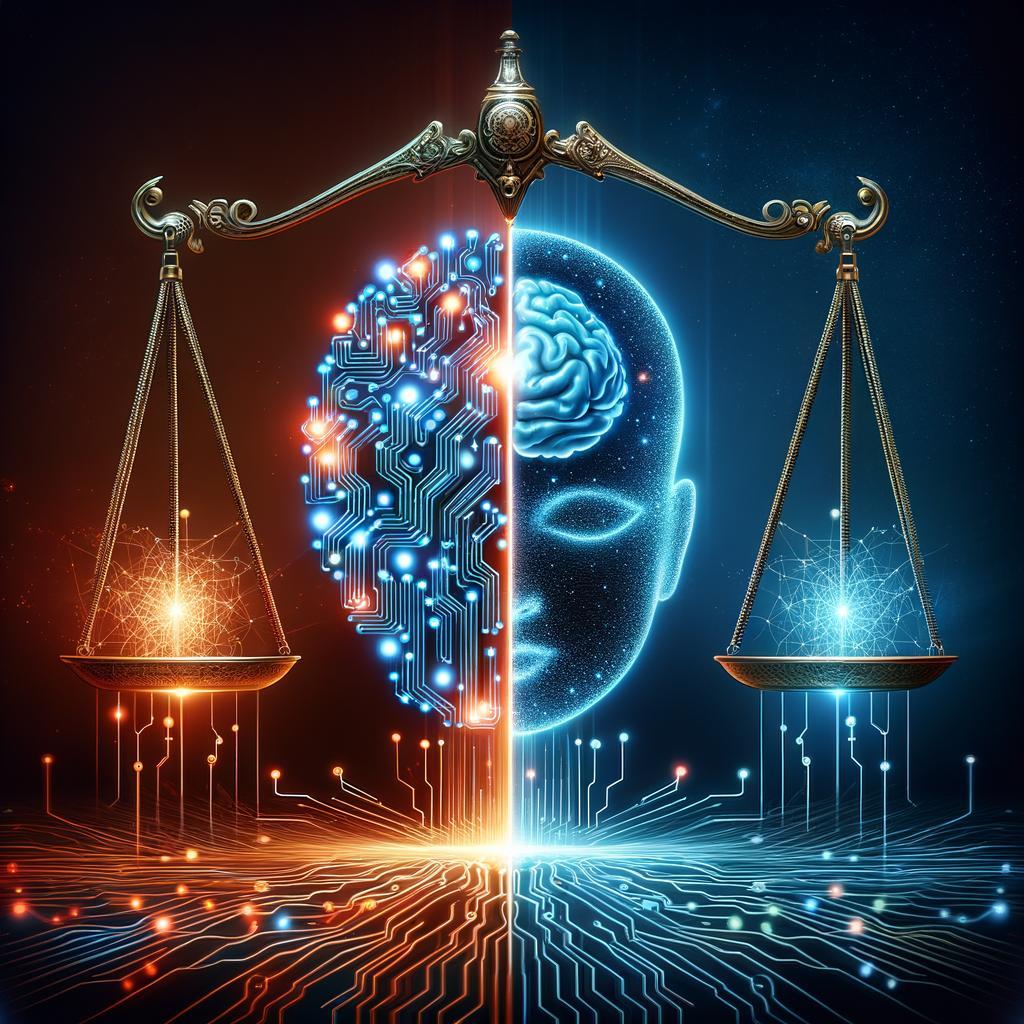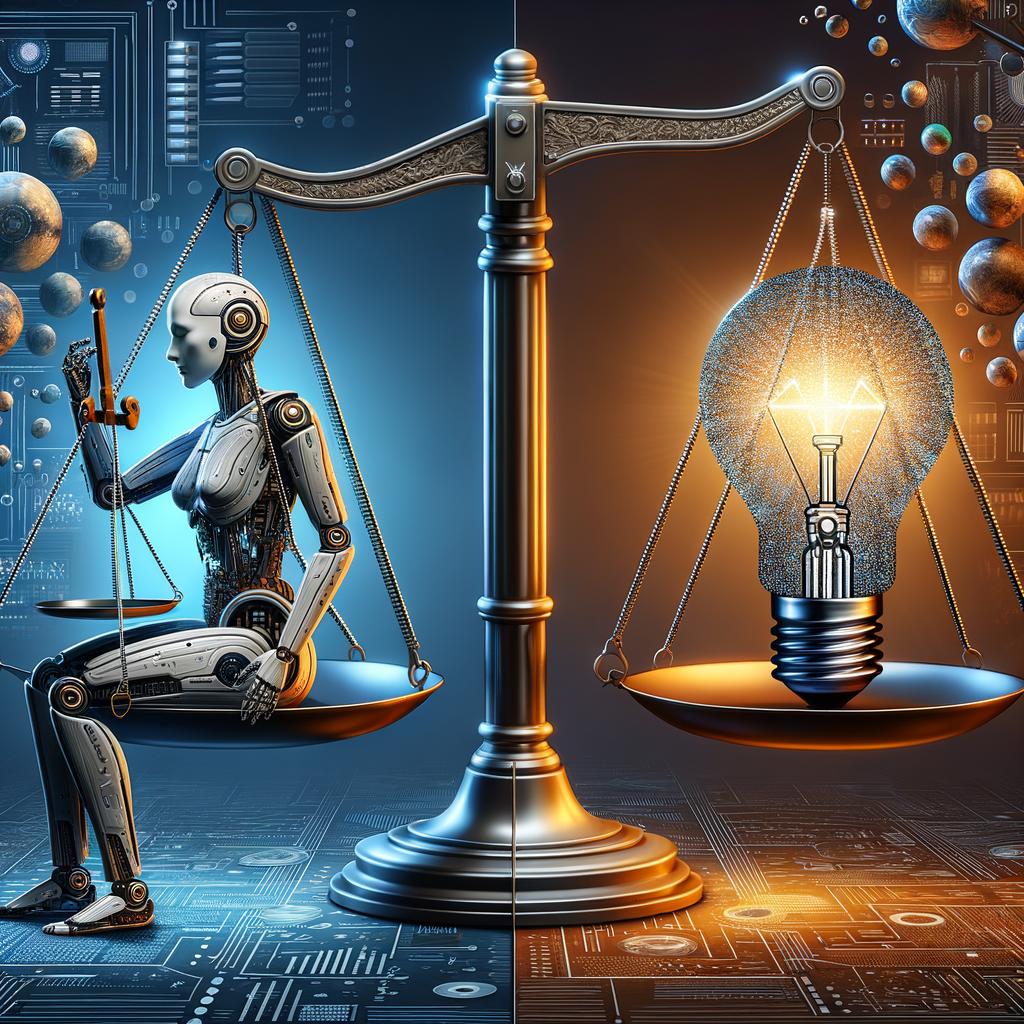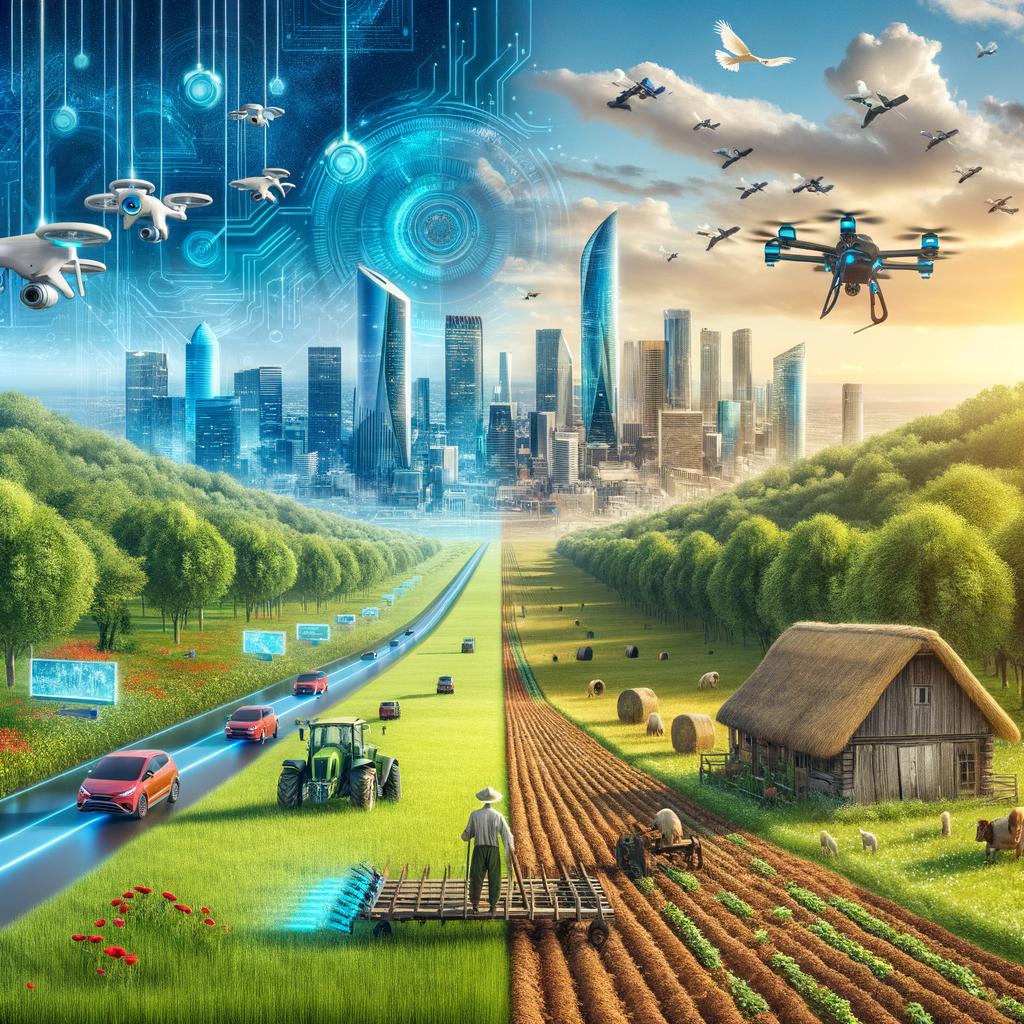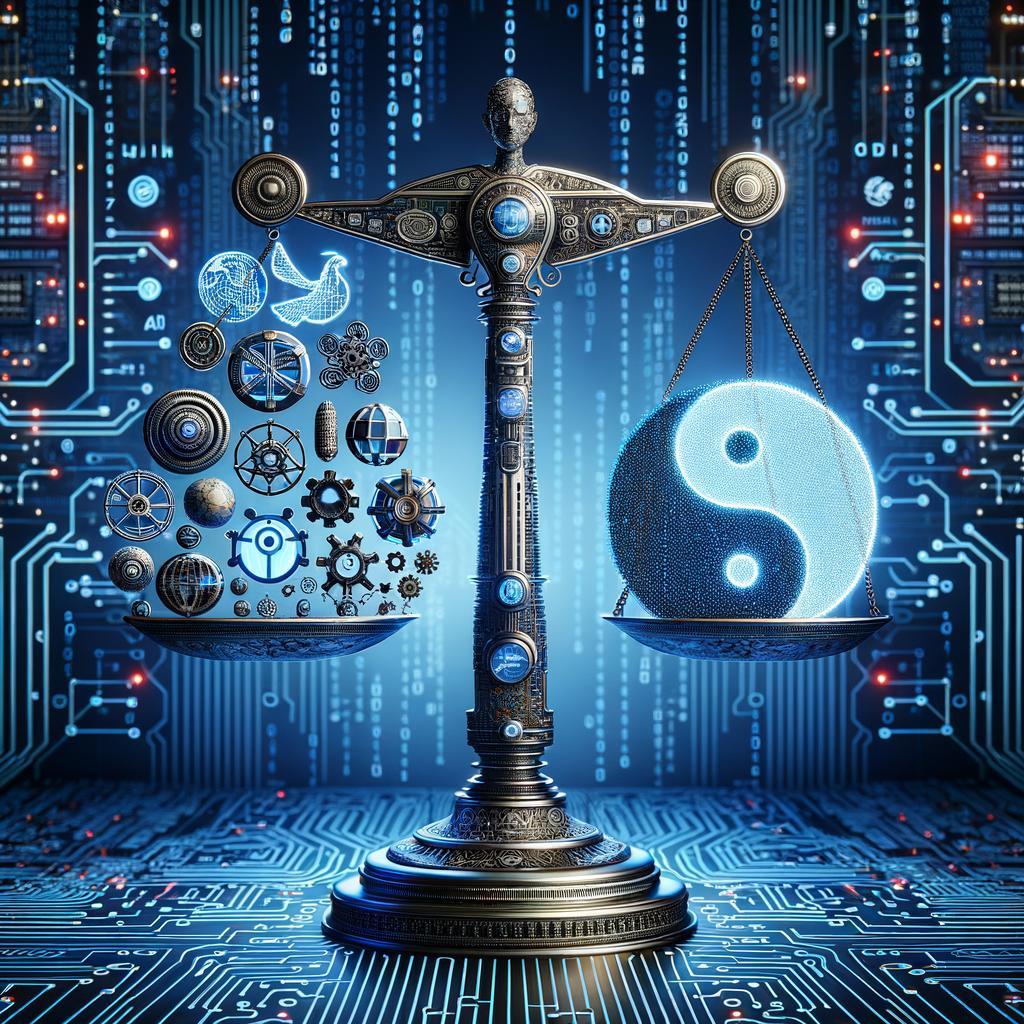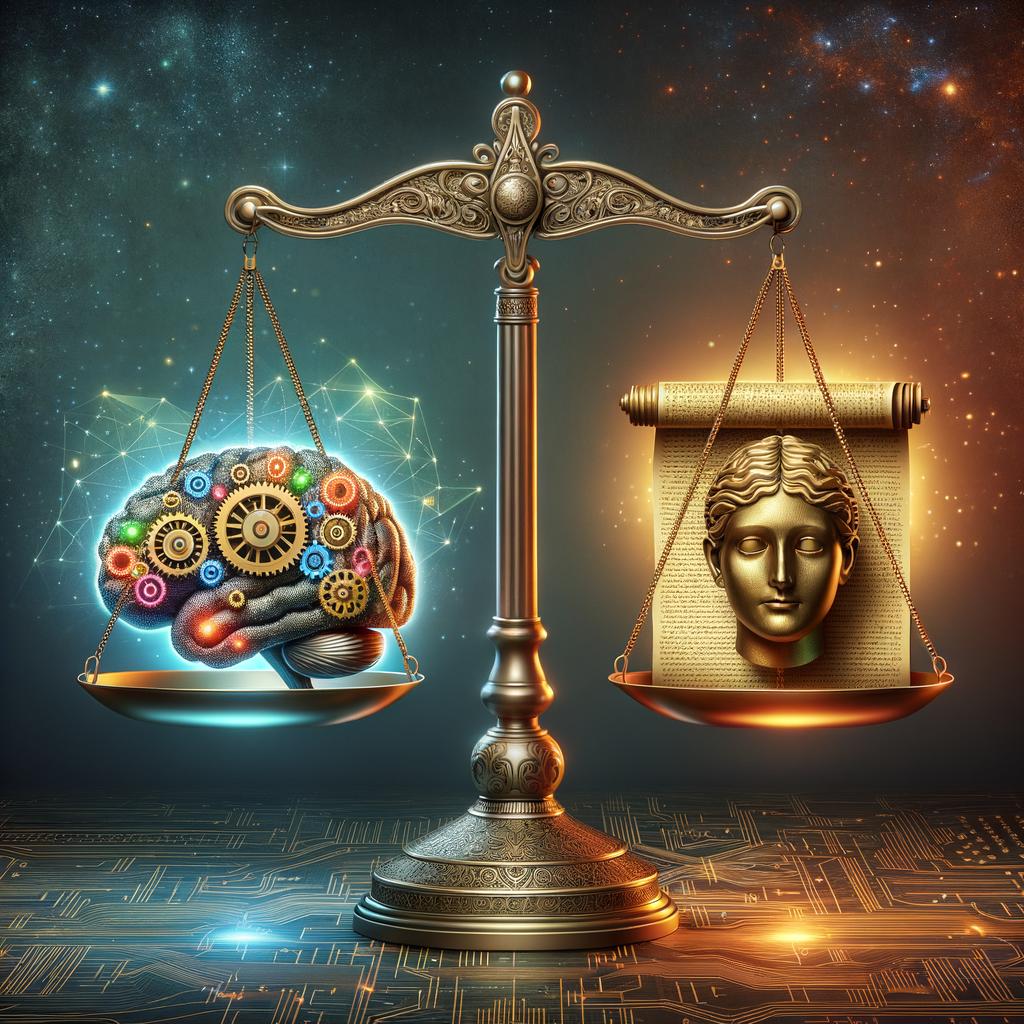In recent years, the rapid advancement of artificial intelligence (AI) has ushered in a transformative era across numerous sectors, from healthcare and finance to education and entertainment. As algorithms become increasingly sophisticated, they hold the promise of unlocking unprecedented benefits, enabling us to solve complex problems, enhance productivity, and improve quality of life. However, this surge in innovation brings with it significant ethical dilemmas that demand our urgent attention. Balancing the exhilaration of AI breakthroughs with a steadfast commitment to ethical responsibility is not merely an option—it’s an imperative. As we navigate this complex landscape, we must carefully scrutinize the implications of our technological pursuits, ensuring that the deployment of AI enhances human welfare without compromising our moral compass. This article explores the dual challenge of pursuing innovation while upholding ethical standards, advocating for a future where technology serves humanity’s best interests. Join us as we delve into the critical dialogues and frameworks that can guide this vital balancing act.
As the promise of artificial intelligence continues to expand rapidly, balancing innovation with ethical responsibility has become an urgent necessity. In a world where AI can transform industries, create efficiencies, and redefine daily interactions, a robust framework of ethical standards must guide development. Key principles include:
- Transparency: Developers should actively disclose their methodologies and decision-making processes, ensuring stakeholders understand how AI systems function.
- Accountability: Organizations must establish clear mechanisms for holding AI developers accountable, particularly when their systems yield unintended consequences.
- Inclusivity: Efforts to diversify the workforce and include diverse perspectives in AI development not only enrich outcomes but help alleviate biases.
Moreover, collaboration across various sectors is essential for cultivating a culture of responsible AI advancement. Governments, industry leaders, and academia must come together to create standards that prioritize ethical considerations as a fundamental aspect of AI innovation. A structured approach, illustrated in the table below, exemplifies how organizations can integrate ethical principles into their AI strategies:
| AI Principle | Implementation Strategy |
|---|---|
| Transparency | Regular audits and public reporting of AI algorithms and their impacts. |
| Accountability | Establishing dedicated ethics review boards to oversee AI projects. |
| Inclusivity | Creating partnerships with community organizations for feedback on AI applications. |
By prioritizing these strategies, stakeholders can foster a climate conducive to not only advancing AI technologies but doing so in a way that fortifies public trust and mitigates risks. The challenge lies not just in harnessing the power of AI but ensuring that it serves the collective interests of society, promoting a future where innovation and ethical responsibility coexist harmoniously.
Future Outlook
As we stand on the threshold of unprecedented technological advancement, the conversation surrounding artificial intelligence has never been more critical. The promise of AI is immense, offering solutions to complex problems and the potential to overhaul industries entirely. However, with great power comes great responsibility. It is imperative that we approach this innovation with a robust ethical framework, ensuring that the benefits of AI are shared equitably while mitigating risks that could impact society.
In navigating the delicate balance between innovation and ethical responsibility, stakeholders—from developers and policymakers to consumers and academics—must engage in ongoing dialogue and collaboration. This collective effort will shape the landscape of AI application, steering it toward outcomes that prioritize humanity’s welfare over mere profit or technological spectacle.
As we look to the future, let us commit to fostering an environment where innovation in AI goes hand in hand with accountability and ethical considerations. By doing so, we can harness the transformative potential of artificial intelligence not just as a tool for advancement, but as a catalyst for positive change, ensuring that our technological journey enhances the human experience for generations to come. The path forward may be complex and fraught with challenges, but by prioritizing ethical responsibility alongside innovation, we can confidently stride toward a future that benefits all.